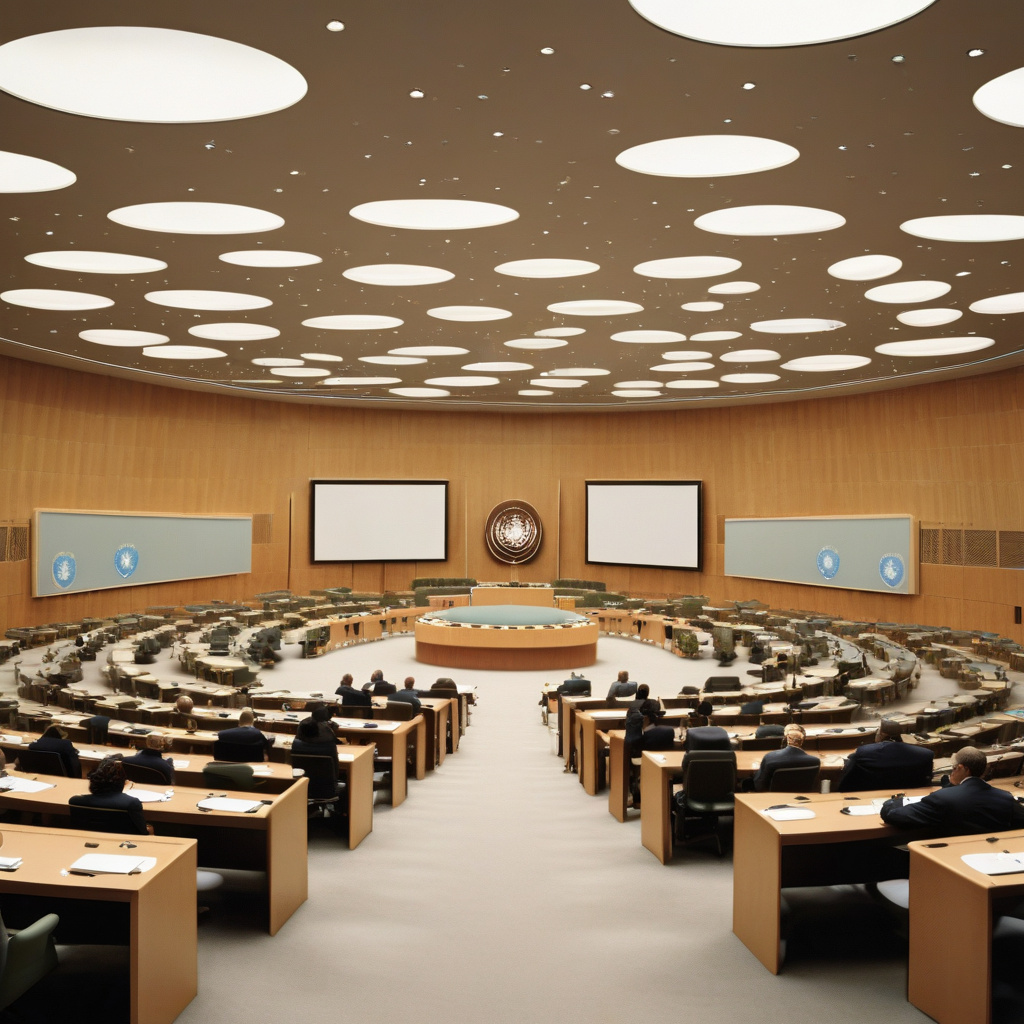Revised Draft UNGA Resolution for Scientific Panel on AI and Global Dialogue on AI Governance
As negotiations progress within the chambers of the United Nations General Assembly in New York, a newly revised draft resolution (rev1) has been unveiled, shedding light on fresh proposals concerning the terms of reference and operational methods for the Scientific Panel on AI and Global Dialogue on AI Governance. The revised draft, which was made public on 15 May 2025, outlines key updates and intricacies that aim to shape the future of AI governance on a global scale.
The proposed establishment of the Scientific Panel on AI underscores the growing recognition of the transformative power and potential risks associated with artificial intelligence. By convening experts in the field, the panel is poised to serve as a pivotal hub for research, analysis, and recommendations that will inform policies and frameworks related to AI governance worldwide. This proactive approach not only reflects the increasing urgency to address AI’s societal impacts but also signifies a collaborative effort to harness its benefits responsibly.
Moreover, the Global Dialogue on AI Governance, as articulated in the revised draft resolution, signifies a significant step towards fostering international cooperation and consensus-building in the realm of AI regulation. This platform is envisioned as a forum where diverse stakeholders, including governments, industry leaders, civil society organizations, and academia, can engage in constructive dialogue, share best practices, and address emerging challenges in AI governance. The emphasis on inclusivity and multi-stakeholder participation underscores the recognition that effective AI governance necessitates a collective effort and a diversity of perspectives.
The revised draft resolution also delineates the modalities through which the Scientific Panel on AI and the Global Dialogue on AI Governance will operate. From defining the selection criteria for panel members to outlining the frequency of meetings and reporting mechanisms, the draft sets a clear pathway for the effective functioning of these bodies. By establishing transparent processes and accountability measures, the resolution aims to instill confidence in the integrity and credibility of the panel’s work, thereby enhancing its impact and relevance in the global AI governance landscape.
Furthermore, the revised draft underscores the importance of ongoing evaluation and adaptation in response to the dynamic nature of AI technologies and their evolving implications. By incorporating provisions for regular reviews and updates to the panel’s mandate and working modalities, the resolution demonstrates a commitment to agility and responsiveness in addressing emerging issues and opportunities in the AI governance domain. This forward-looking approach is essential to ensure that the panel remains at the forefront of developments in AI and maintains its relevance in an ever-evolving technological landscape.
In conclusion, the revised draft resolution for the Scientific Panel on AI and Global Dialogue on AI Governance represents a significant milestone in the global efforts to shape the governance of artificial intelligence. By articulating clear objectives, inclusive processes, and adaptive mechanisms, the resolution lays the groundwork for a collaborative and forward-thinking approach to AI governance that prioritizes ethical considerations, human rights, and sustainable development. As the negotiations progress and consensus is reached among UN member states, the establishment of these bodies is poised to set a new standard for global cooperation in navigating the opportunities and challenges posed by AI in the 21st century.
#AIgovernance, #UNGAresolution, #globaldialogue, #AIfutures, #technologicalgovernance
